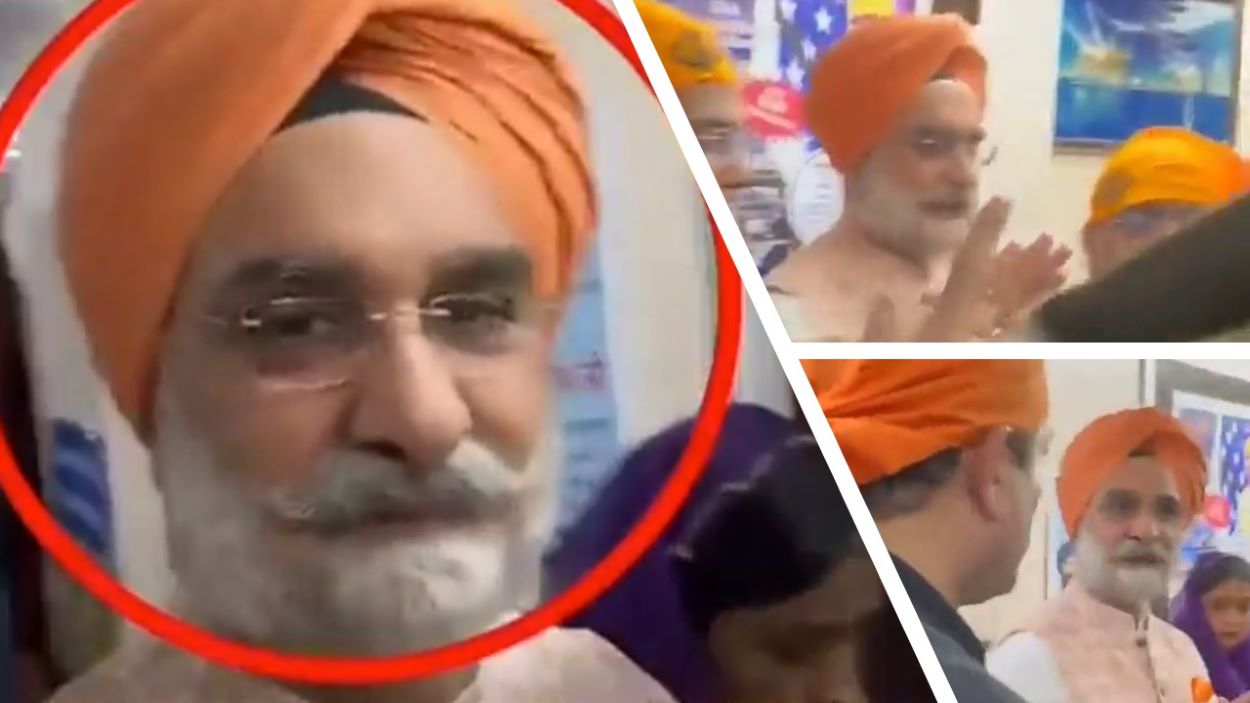During a visit to a Gurdwara in Hicksville, New York, Indian envoy Taranjit Singh Sandhu faced intense questioning from pro-Khalistan activists. The confrontation centred on Sandhu’s alleged involvement in a plot to assassinate Gurpatwant Singh Pannun, a key figure in the Khalistan Referendum campaign.
The encounter escalated quickly, leading to Sandhu abruptly ending his visit and leaving the premises without responding to any inquiries.
Activist Himmat Singh, representing pro-Khalistan Sikhs, not only questioned Sandhu about the attempted assassination of Pannun but also raised allegations of New Delhi’s involvement in the murder of Hardeep Singh Nijjar.
Nijjar, a prominent Sikh leader and advocate for the Khalistan movement in Canada, was assassinated earlier, intensifying the controversy.
International Implications and Legal Developments
Recent reports, including an article from the Financial Times, indicate that US authorities foiled an Indian conspiracy to assassinate Pannun on American soil, raising diplomatic tensions. Additionally, the UK media reported on India’s alleged involvement in these plots. The ongoing Khalistan Referendum campaign, led by Pannun, has seen significant participation from Sikhs globally, adding to the international dimension of the controversy.
In the wake of these incidents, the US Justice Department is reportedly considering whether to unseal a sealed indictment filed against a suspect in the plot against Pannun. Simultaneously, Canadian authorities continue their investigation into Nijjar’s murder, with Prime Minister Justin Trudeau acknowledging “credible allegations” of New Delhi’s involvement. The events reflect international diplomacy, justice, and the Sikh community’s quest for a separate Khalistan state.
Read More: US Thwarts Indian Plot to Assassinate Khalistan Leader on American Soil






